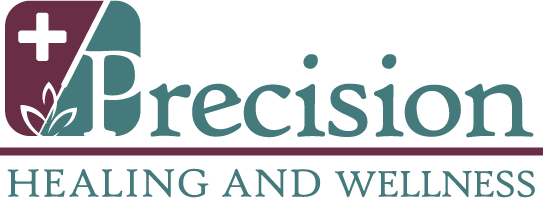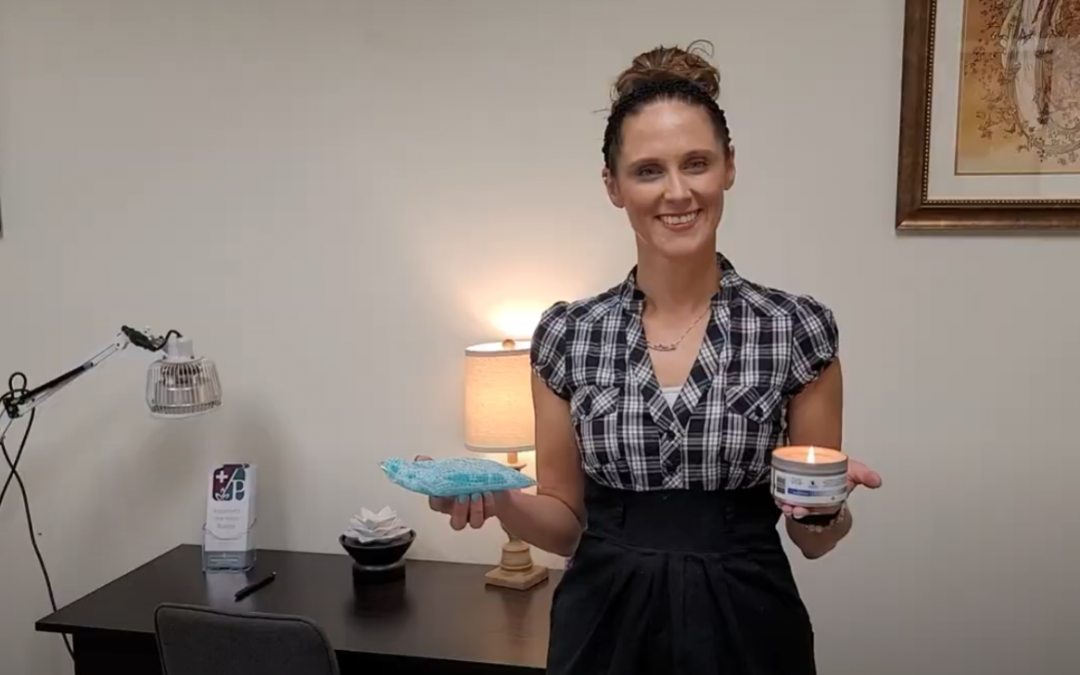Acupuncture involves inserting thin needles at strategic points in the body to stimulate a neurological response. It is a complementary therapy that has been proven effective at relieving pain and treating medical conditions such as asthma, carpal tunnel syndrome, and post-chemotherapy nausea. As with any type of treatment, there can be some risks associated, but acupuncture risks are negligible. Choosing the right facility can minimize them further.
What Are Acupuncture Risks?
Major adverse effects of acupuncture are almost unheard of. Minor adverse effects are rare. They usually result because the acupuncturist was not qualified or failed to abide by applicable regulations. An adverse outcome can also result from acupuncture if the patient had a contraindicative medical condition.
These are some specific risks associated with acupuncture.
Bleeding and Bruising
Bleeding, bruising, and soreness may be present at insertion sites. These are typically mild and resolve on their own but may be more serious if you take anticoagulants or have a bleeding disorder.
Injury or Nerve Damage
Improperly inserted needles may result in nerve damage. If a needle breaks off, injury to internal organs may result.
Infections
Infections, including HIV infection, may result if needles or treatment areas are not sterile.
Other Risks
Acupuncture can stimulate premature labor in patients who are pregnant. When electricity is used to stimulate the needles, it can interfere with the operation of an artificial pacemaker.
Book Your Appointment
Take the first step on your health and wellness journey by booking your acupuncture appointment today. New customer? During your first visit, you’ll receive a comprehensive consultation, full first treatment, and insurance verification all in one visit.
How Can You Verify That a Facility Minimizes Acupuncture Risks?
When performed by a well-trained, licensed practitioner in compliance with government regulations, acupuncture is safe and effective. By doing your due diligence, you can confirm that the facility is safe, clean, and staffed by qualified professionals working in your best interests.
Ask for a Referral From Your Doctor
You don’t necessarily need a referral to see an acupuncturist, but your doctor may be able to advise you on any current medications or treatments and how they might interact with acupuncture.
Verify the Acupuncturist’s Credentials
To practice legally, acupuncturists have to be licensed by the state. Ask to see the license. Inquire how long the acupuncturist has been performing the treatment and where he or she received the necessary training. Outside research can confirm whether this is a reputable institution.
Ask for a Tour of the Facility
This allows you to verify that conditions in the treatment areas are clean and sterile. Infections from unsterile conditions are one of the biggest acupuncture risks.
Verify That the Needles Are Sterile
Though acupuncture is considered a complementary treatment, the needles are considered medical devices. Therefore, the Food and Drug Administration has set standards for them just as it does other equipment used in health care. These standards include the following:
- Made of nontoxic materials
- Sterile
- Marked for single use only
- Disposable
You can ask the acupuncturist where he or she acquires the needles used in his or her practice. You may also want to ask to see where the used needles are disposed of to verify safety.
Our practitioners are professionals who understand the importance of minimizing acupuncture risks. We maintain a clean environment for your safety and comfort. Contact us for more information or to schedule your first appointment.








